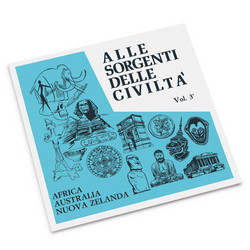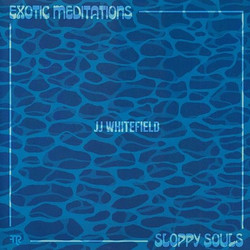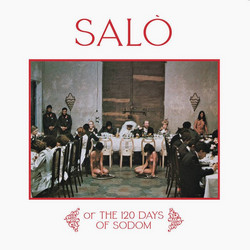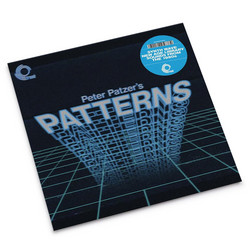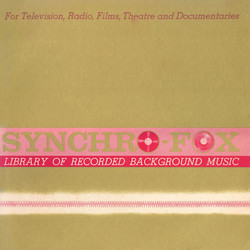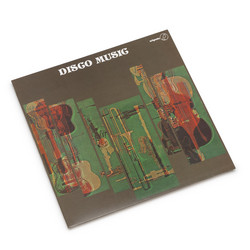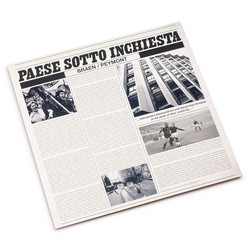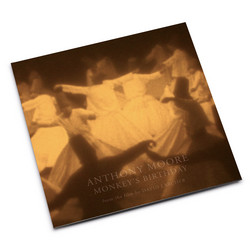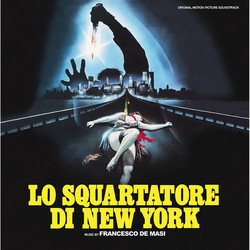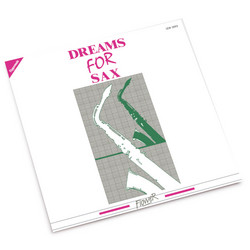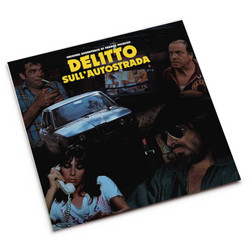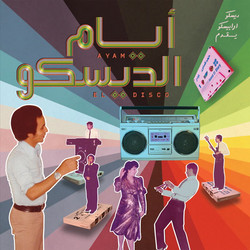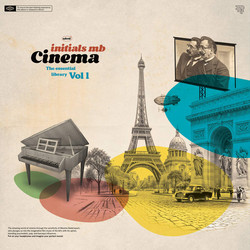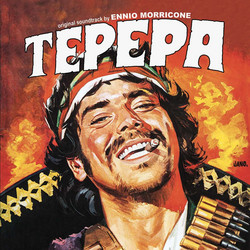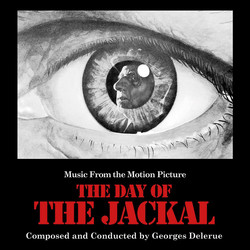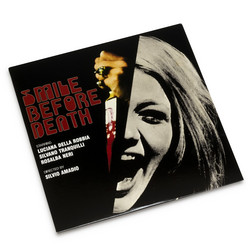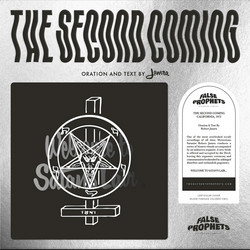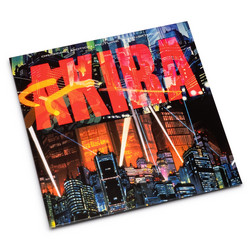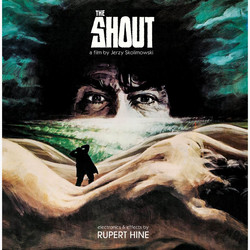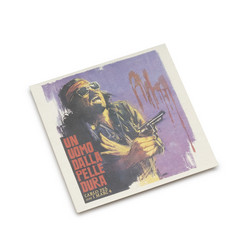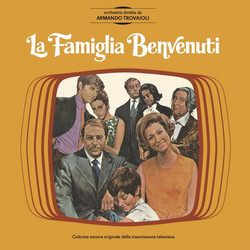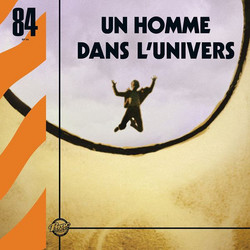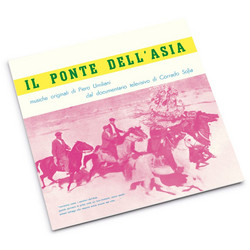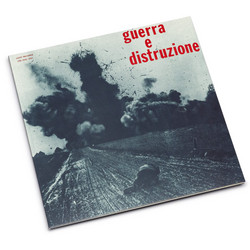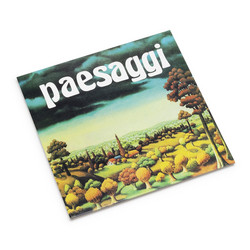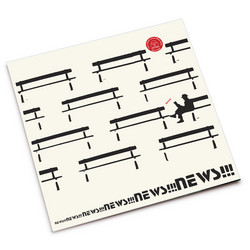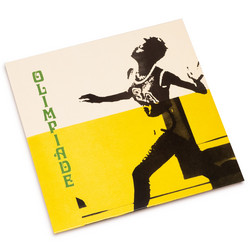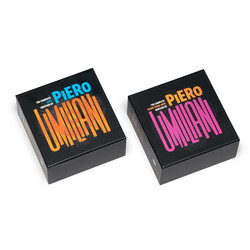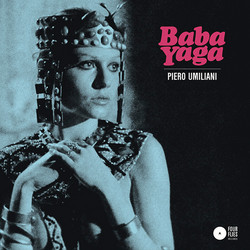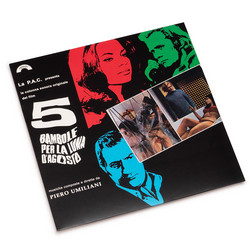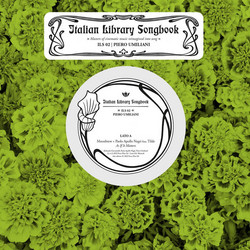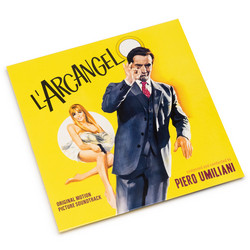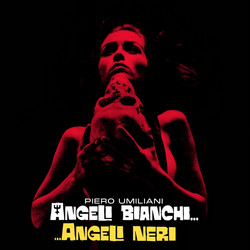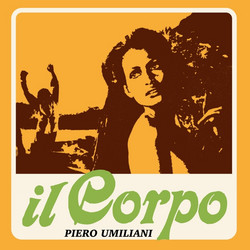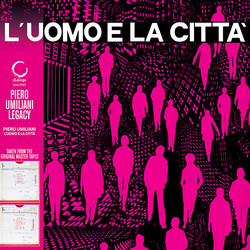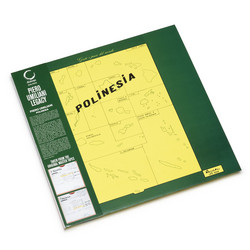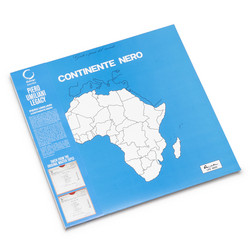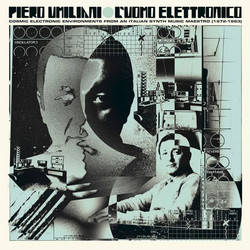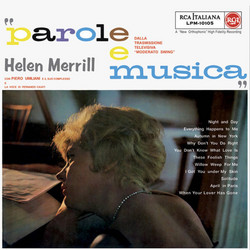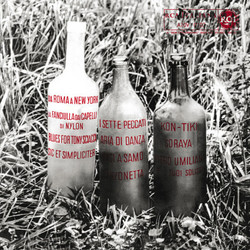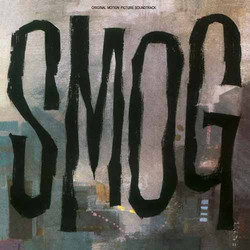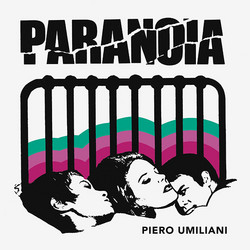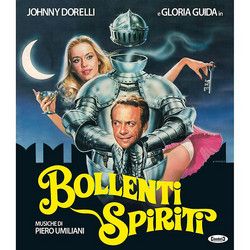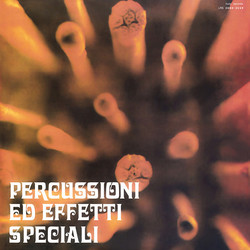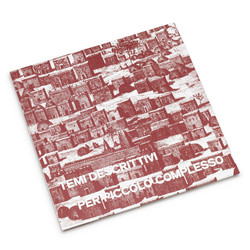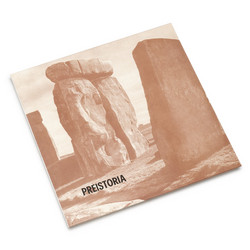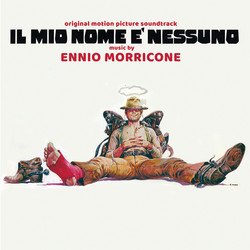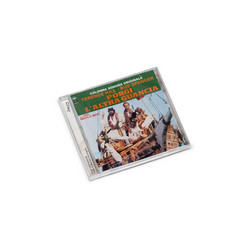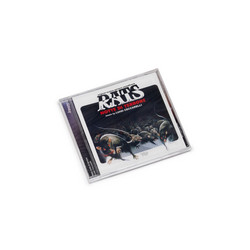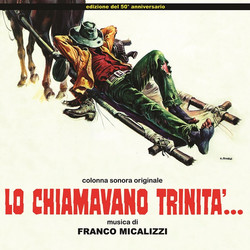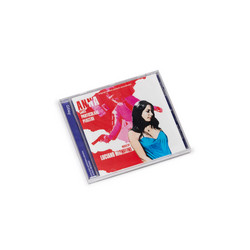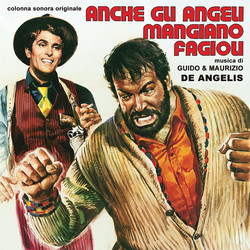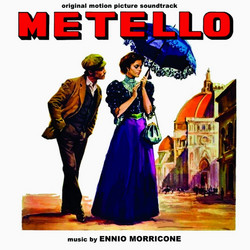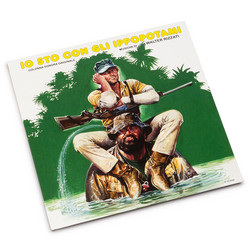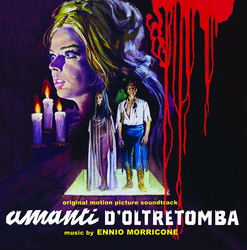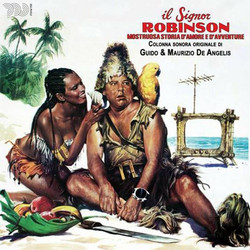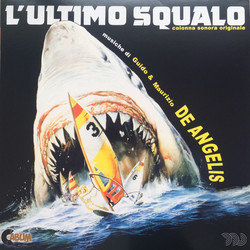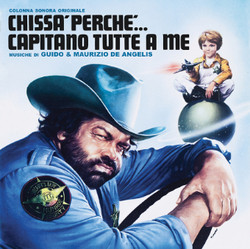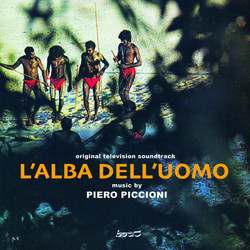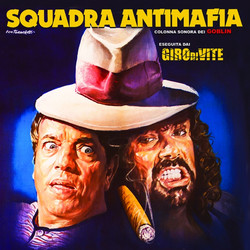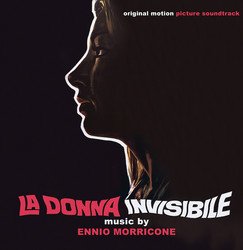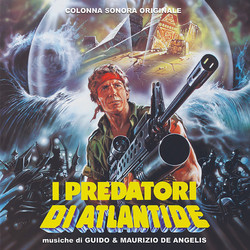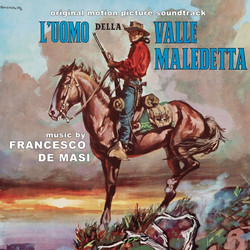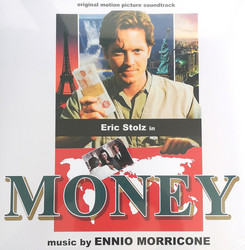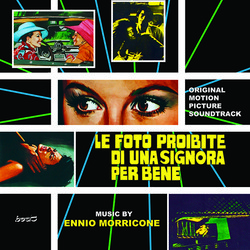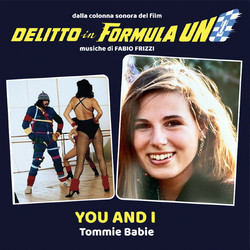Piero Umiliani
Svezia Inferno e Paradiso
Svezia, Inferno e Paradiso is one of the most important scores in Piero Umiliani's lengthy career. He was an eclectic and internationally attentive artist, capable of genial expressions through jazz (I Soliti Ignoti), pop-funk (Baba Yaga, La Ragazza Fuoristrada), Western (Crisantemi Per Un Branco di carogne) and even electronic experimentation (such as his score for the unknown TV serial Il Mondo dei Romani, 1972).
Director Luigi Scattini, whose partnership with Piero Umiliani was also a friendship, had the idea to direct a Mondo movie a bit closer to home, and using the great artistic sensibility he was gifted with he thought of Sweden, a mythological country for a moralistic and hypocritical Italy that was soon to absorb the ‘68 revolution and the need for freedom and rebellion.
Featuring the narrating voice of Enrico Maria Salerno (and Edmund Purdom for the international version), Svezia... is a perfect movie when it comes to showcasing Umilani's creative freedom. It's a live-action collage that portrays the young and uninhibited, women-only clubs, violent motorcycle gangs, alcohol, drugs, sex shops and so on, everything with a style that blurs the line between journalism and voyeurism. The music expands, recounts and underlines sequences with themes that go from pop beats to bossa nova, from refined lounge jazz to the cue that exploded into a cult phenomenon, ''Mah Nà Mah Nà,'' created simply to accompany a group of blond women inside a sauna (the original cue was entitled ''Viva la sauna svedese'') and eventually becoming a pop music hymn.
Svezia's score is of an embarrassment of riches. Through this album, Umiliani gave life to popular themes and familiar sonorities without sacrificing his art, making use of top-ranking musicians such as Gato Barbieri (saxophone), Carlo Pes (guitar) and Antonello Vannucchi (keyboards), not to mention singer Lydia McDonald. Umiliani crafted real musical gems, refined and pleasant, making use of one of his best features: the ability to blend sound and rhythm. Apart from ''Mah Nà Mah Nà,'' there are cues such as ''Topless Party,'' the Latin grooves of ''Piano Bossa Nova,'' the psychedelic rock of ''Nel Cosmo'' and the wonderful torch song ''You Tried to Warn Me,'' which we never get tired of listening to. That's the key, really; we need to listen to those cues again and again in order to discover the particulars, elegant and complex arrangements that hide behind the first impression.
By the end of 1968, Piero Umiliani had inaugurated his private studio SoundWorkShop in order to record and produce his albums independently, revealing himself a pioneer not just in music but also in show business. The album was released by his family's label, Omicron (LPM 0014) and incredibly, on that edition, ''Mah Nà Mah Nà'' was absent from the track list. The movie was so successful that an American distribution company (Avco Embassy) wanted to publish the album for a USA release on Ariel label, and they immediately recognize this cue's force.
It was chosen for the 45 RPM release and made it to number 55 on the Billboard charts in the USA, gaining even more popularity after it was featured on The Muppet Show, the puppet TV series created by Jim Henson.
This new edition features the original artwork used for the first album release (of which only several hundred copies were pressed, making it a cult object among collectors) and includes every single note recorded for the movie.

